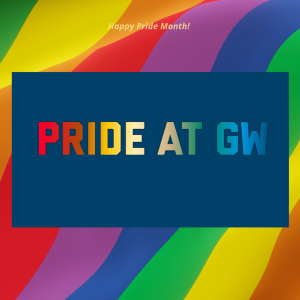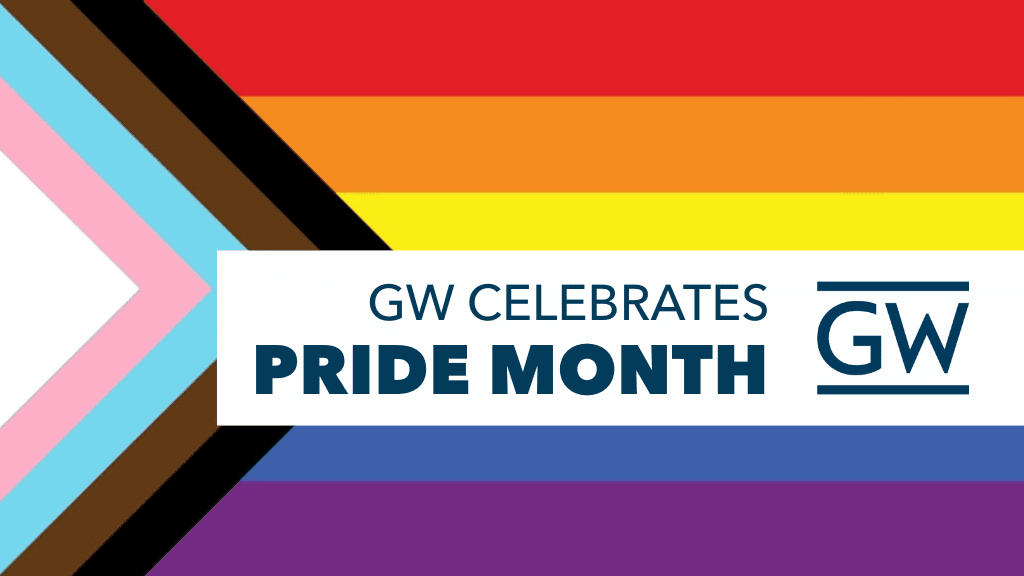Office of Inclusive Excellence Monthly Highlights - June
Welcome to june!
Alzheimer’s & Brain Awareness Month 🧠
Alzheimer’s disease affects an estimated 6.7 million Americans over age 65, with Black and Latine populations more likely to go undiagnosed or underserved. Women, who make up two-thirds of those affected, often shoulder the added burden as caregivers. On campus, the Institute for Brain Health and Dementia leads groundbreaking research on cognitive health, aging, and early intervention strategies, emphasizing equity across race, gender, and access.

Caribbean American Heritage Month 🌴
Caribbean Americans have long been leaders in public health and global health equity. Dr. Velma Scantlebury, the first Black female transplant surgeon in the U.S., and Sir George Alleyne, former Director of PAHO, have shaped policy and clinical practice across the diaspora. Yet, Caribbean immigrant communities often face language barriers, immigration-related stressors, and limited healthcare access. At GWU, the Gill-Lebovic Center for Community Health in the Caribbean and Latin America promotes health systems research and cross-cultural public health strategies that serve Caribbean populations both locally and abroad.

Juneteenth ✊🏾
On June 19, 1865, Union troops freed enslaved African Americans in Galveston Bay and across Texas some two and a half years after President Abraham Lincoln signed the Emancipation Proclamation. Today, Juneteenth celebrates African American resilience and achievement, while preserving history and community traditions. Black public health pioneers May Edward Chinn who created protocol for cancer probability predictions using family medical history and Joycelyn Elders, a previous Surgeon General who increased screenings and immunizations have increased preventive care. Still, systemic bias, lack of health insurance and lack of access continues to drive disparities in maternal mortality, chronic disease, and data-driven treatment solutions for African Americans.

Pride Month 🌈
LGBTQIA+ individuals have significantly shaped public health through activism and innovation. Public health pioneers like Dr. Bruce Voeller, who coined the term “AIDS,” Dr. Sara Josephine Baker, the first woman to earn a doctorate degree in public health, and Audre Lorde, who advanced intersectional conversations on race, gender, and also health justice, laid the groundwork for equity-centered care. Yet today, transgender, gender non-conforming, and nonbinary people face escalating legislative threats to their right to access gender-affirming healthcare. Denials of care, discriminatory policies, and a chilling effect on providers place trans lives and well-being at serious risk. Here at GWU, we affirm the identities of our LGBTQIA+ staff, faculty, and students. For more information check out Trans@GW, GWU Hospital's Gender Affirmation Center, and the LGBTQIA+ Resource Lounge

Where We Take Action
At GWSPH, we are committed to addressing these disparities through research, education, and community partnerships. Below are some of many opportunities to engage around campus and the community:
Support Health Initiatives
The Trevor Project
The Trevor Project provides life-saving crisis intervention and suicide prevention services for LGBTQ+ youth, while advocating for inclusive mental health policy and research.
Whitman-Walker Health
Whitman-Walker Health offers affirming primary care, gender-affirming services, and HIV prevention programs, advancing equitable health access for LGBTQ+ and underserved DC communities.
Us Helping Us
Us Helping Us is a Black-led nonprofit improving the health of Black LGBTQ+ communities through culturally grounded HIV services, mental health support, and peer education.
Alzheimer’s Association – National Capital Area Chapter
Alzheimer’s Association – NCA promotes brain health and caregiver education through advocacy, research, and local support services, with an emphasis on early diagnosis in communities of color.
National Caribbean American Health/Awareness Month (NCAHM)
The Institute of Caribbean Studies launched NCAHM to highlight Caribbean American contributions to public health while addressing barriers in healthcare access, language equity, and health systems navigation.
Engage Locally
SMYAL (Supporting and Mentoring Youth Advocates and Leaders)
SMYAL empowers LGBTQ+ youth across the DC region through affirming housing programs, therapy, and leadership development that prioritizes safety and belonging.
DC Center for the LGBT Community
The DC Center offers identity-based mental health services, trans support groups, and community wellness programs that serve the city’s diverse LGBTQ+ population.
NAMI DC (National Alliance on Mental Illness – DC Chapter)
NAMI DC provides peer-led education, support groups, and advocacy efforts focused on mental health access for BIPOC and LGBTQ+ residents.
Iona Senior Services
Iona supports older adults and caregivers in DC through memory cafés, dementia navigation, and inclusive wellness programs tailored to aging in place.
Caribbean-American Political Action Committee (C-PAC)
C-PAC advocates for Caribbean American civic representation, immigrant health equity, and culturally informed public policy throughout the DC metro area.
upcoming events
#GWToDo: Pride Month 2025
Check out GW Today's Article on all of the Pride events happening around DC, especially as the District hosts World Pride, a global celebration, with parades, concerts, history lessons, storytelling, and more!

What's Happening Around Campus
in the news

Washington Performing Arts and George Washington University Forge Pioneering Partnership to Launch “The NeuroArts Collective”
The collaboration merges performing arts and public health to enhance well-being in senior communities
January 12, 2026
Washington Performing Arts and the George Washington University’s Milken Institute School of Public Health today announced the launch of The NeuroArts Collective, a groundbreaking partnership bringing together the performing arts and public health to advance brain health and social well-being among older adults.

New Bethesda Office Opens as Biostatistics Center Honors Professor Emeritus John Lachin
January 9, 2026
In December, the Biostatistics Center held a ribbon-cutting for its new Bethesda office and named a conference room in honor of Professor Emeritus John Lachin.

Dozens of Public Health and Policy Experts, Along with the American Public Health Association and Robert Wood Johnson Foundation, Urge DHS to Withdraw Proposed Public Charge Rule
Leading Public Health Scholars Warn New Rule Would Cause Millions to Lose Essential Health and Nutrition Benefits
December 19, 2025
Public health leaders and APHA oppose DHS’s proposed public charge rule.

